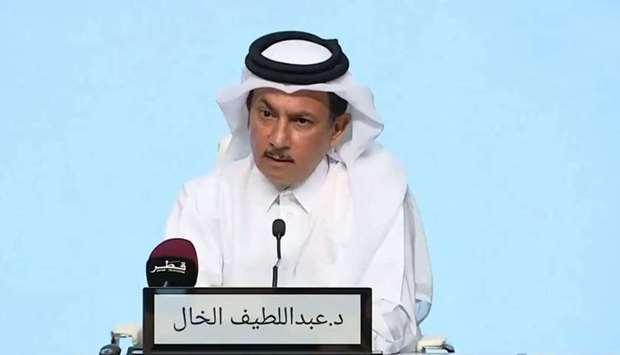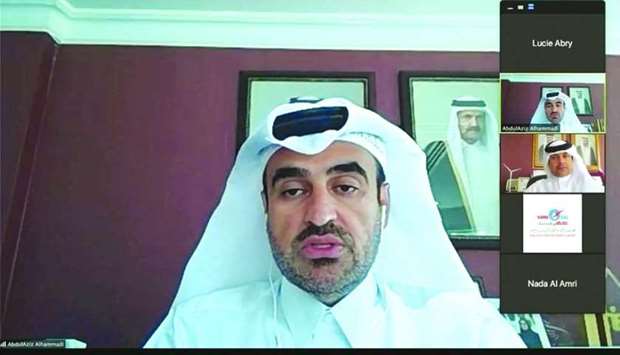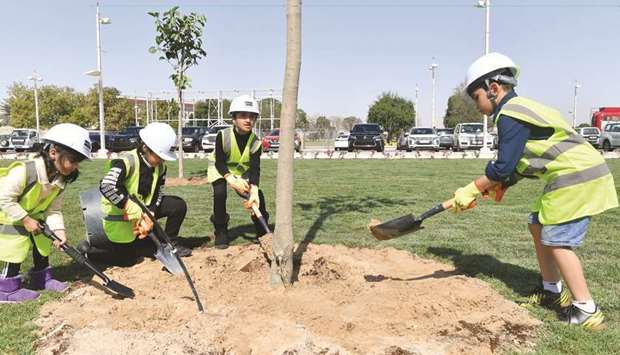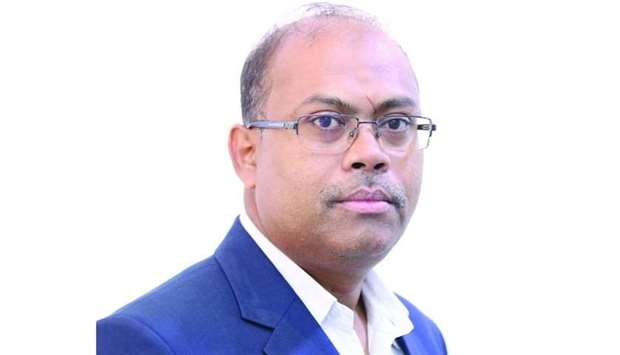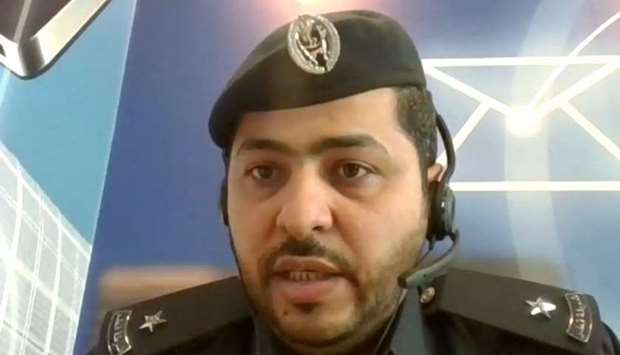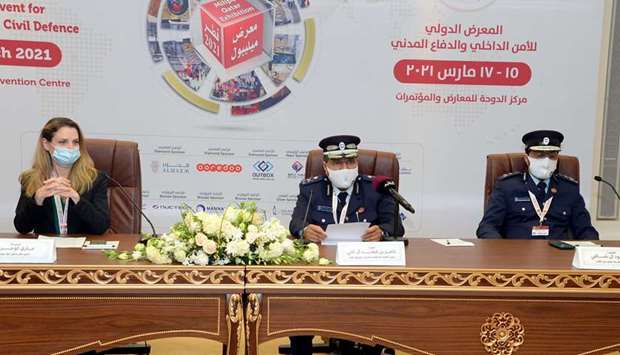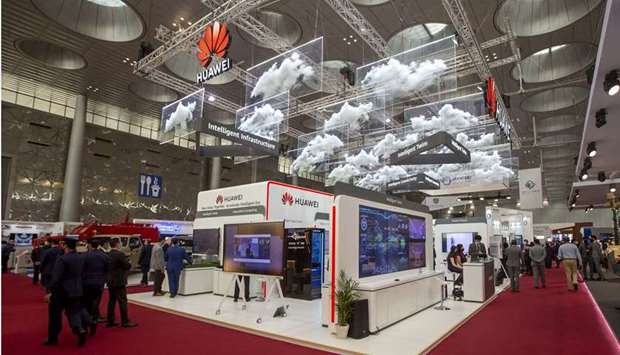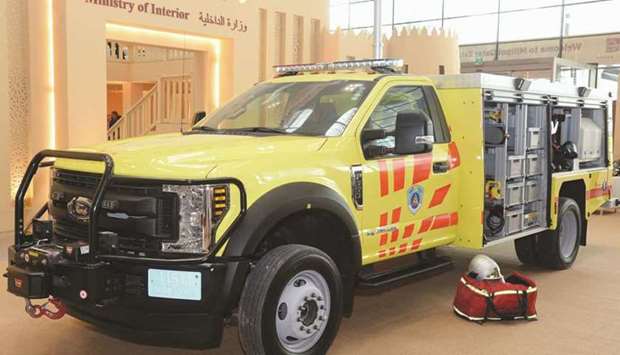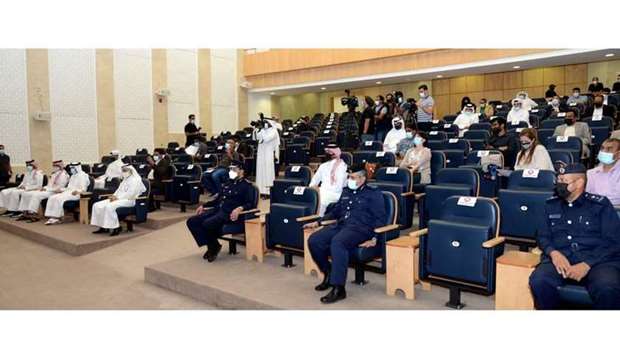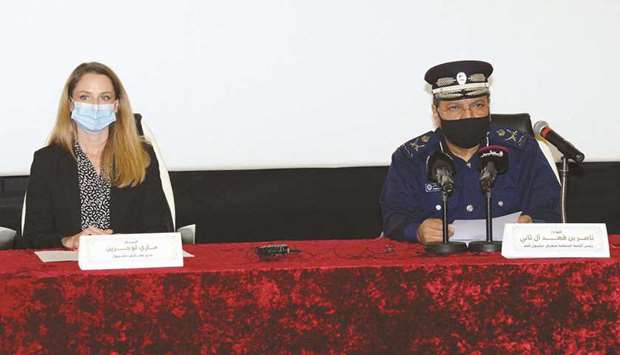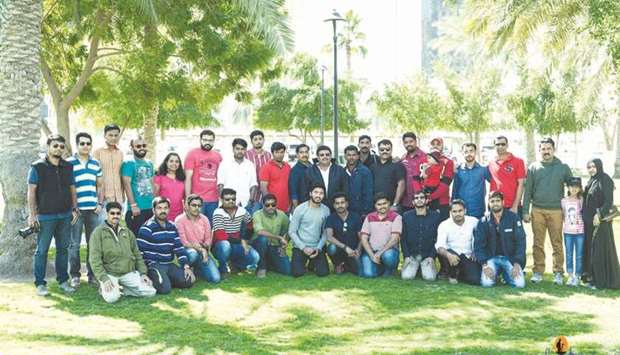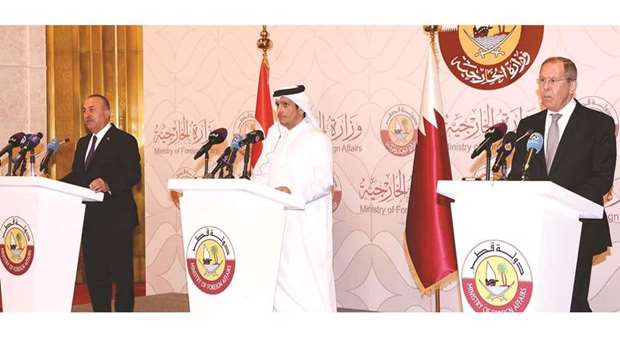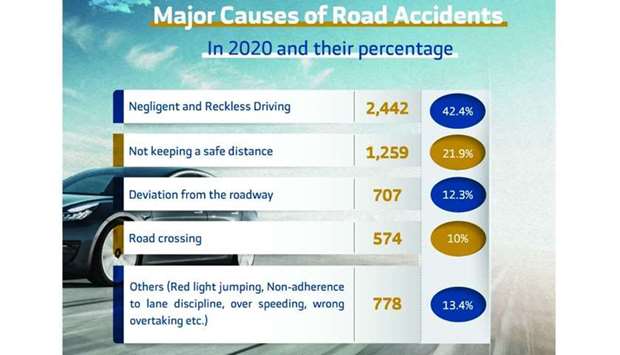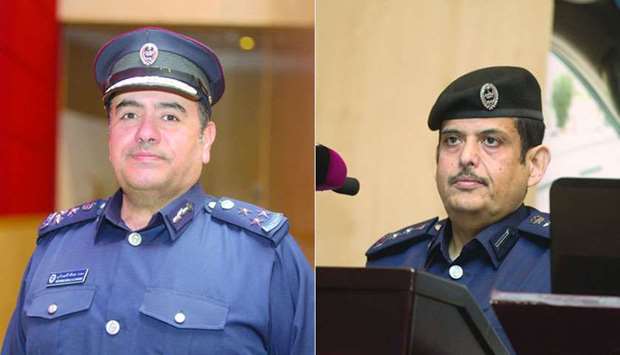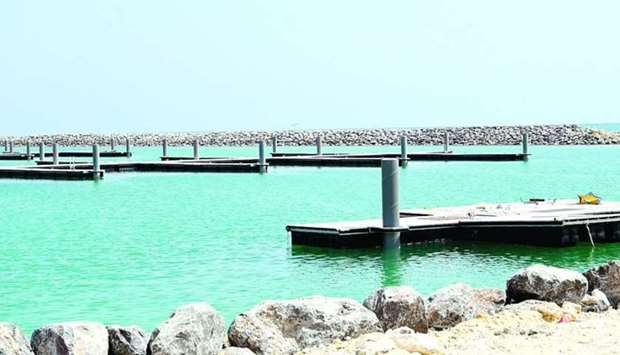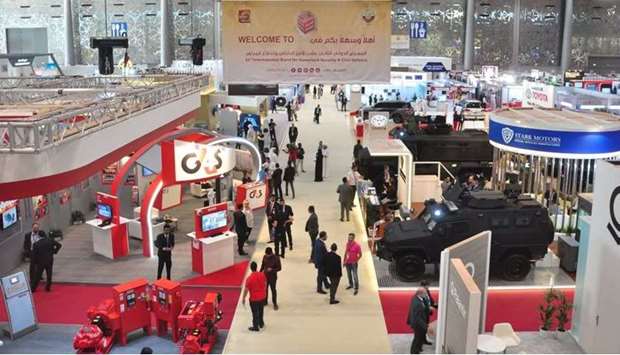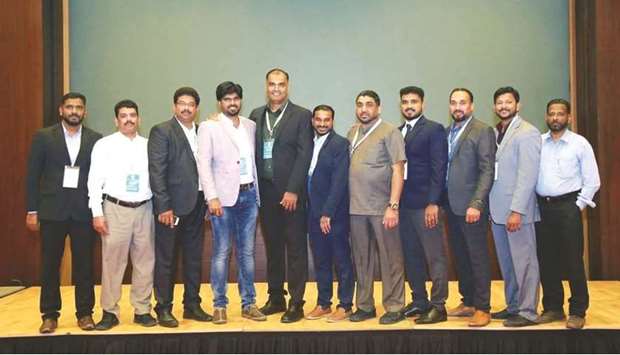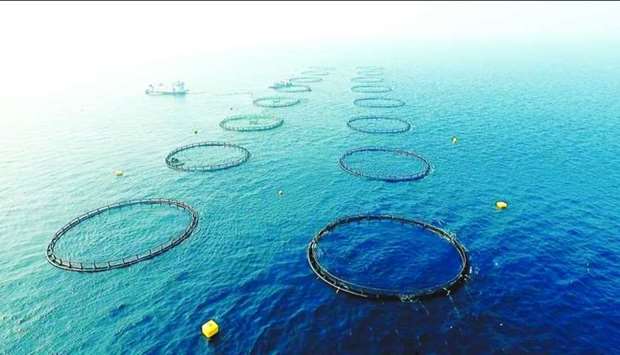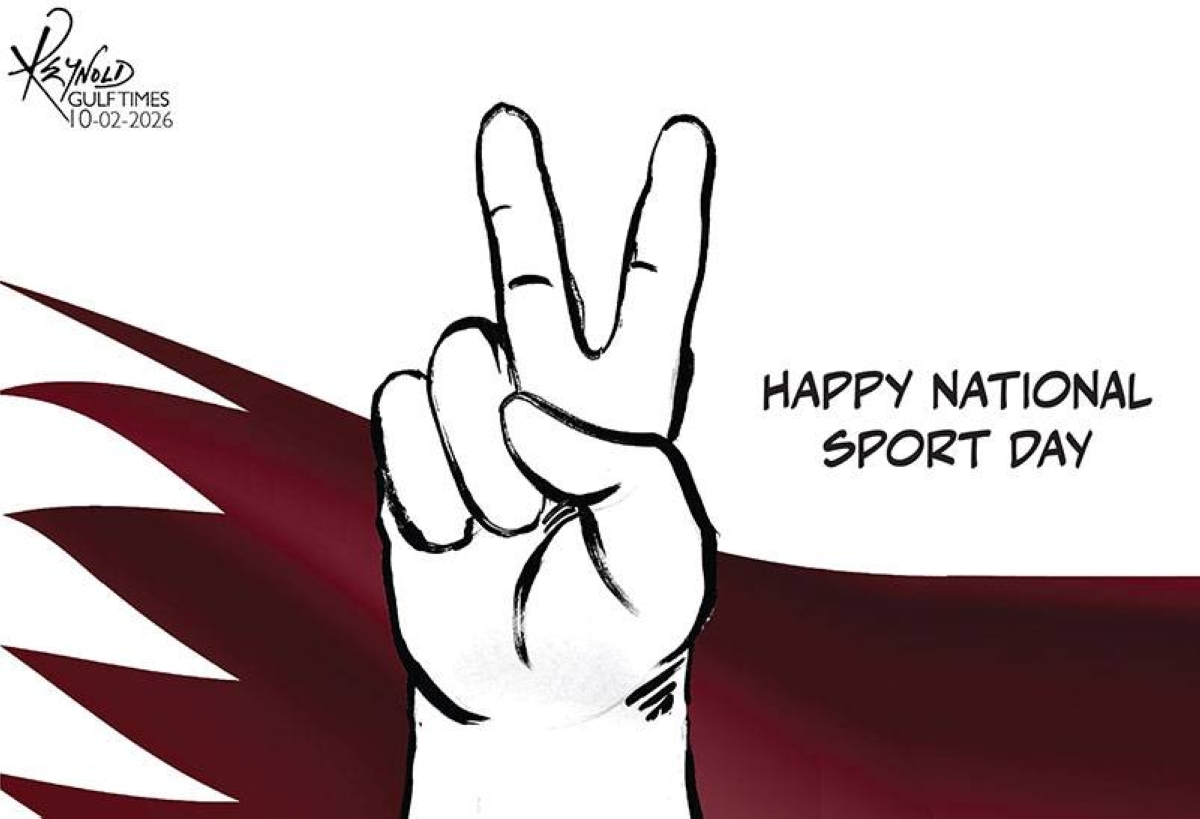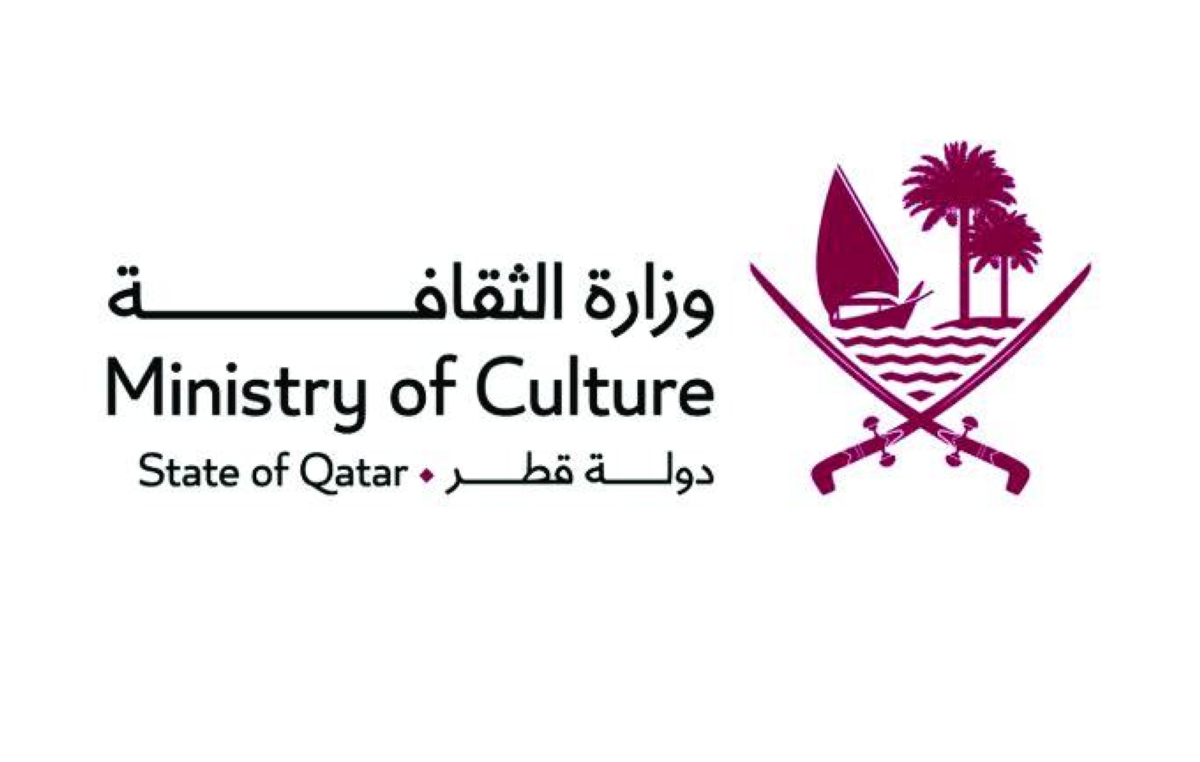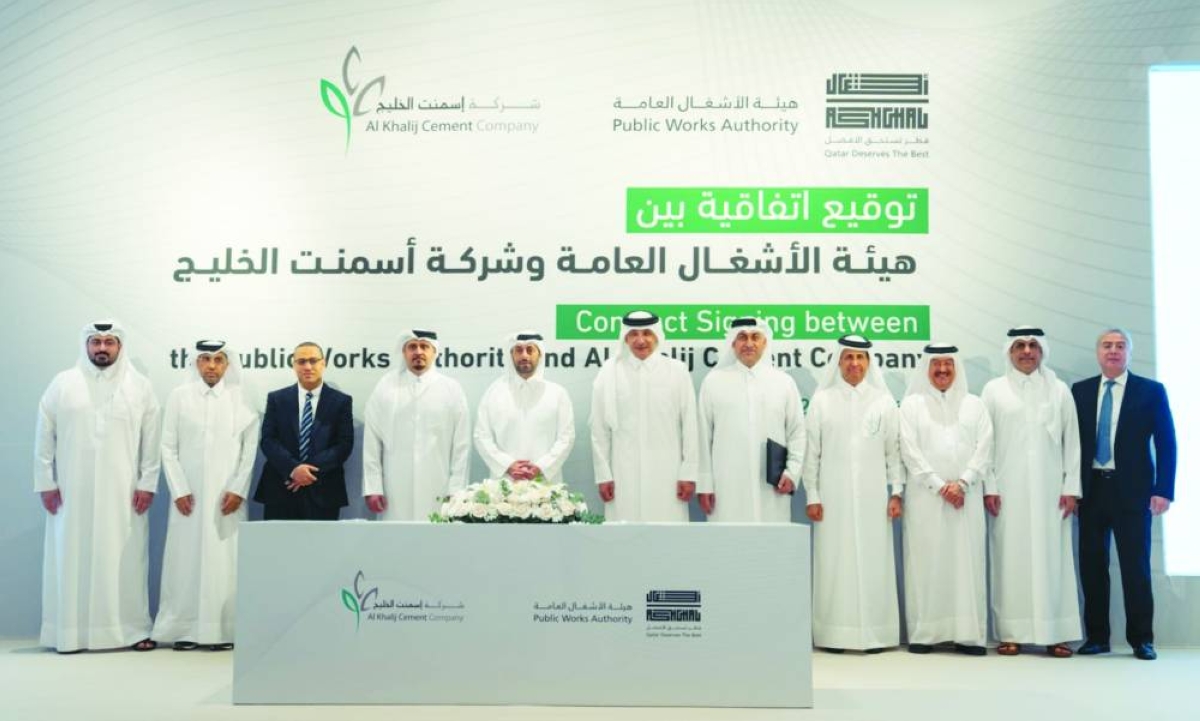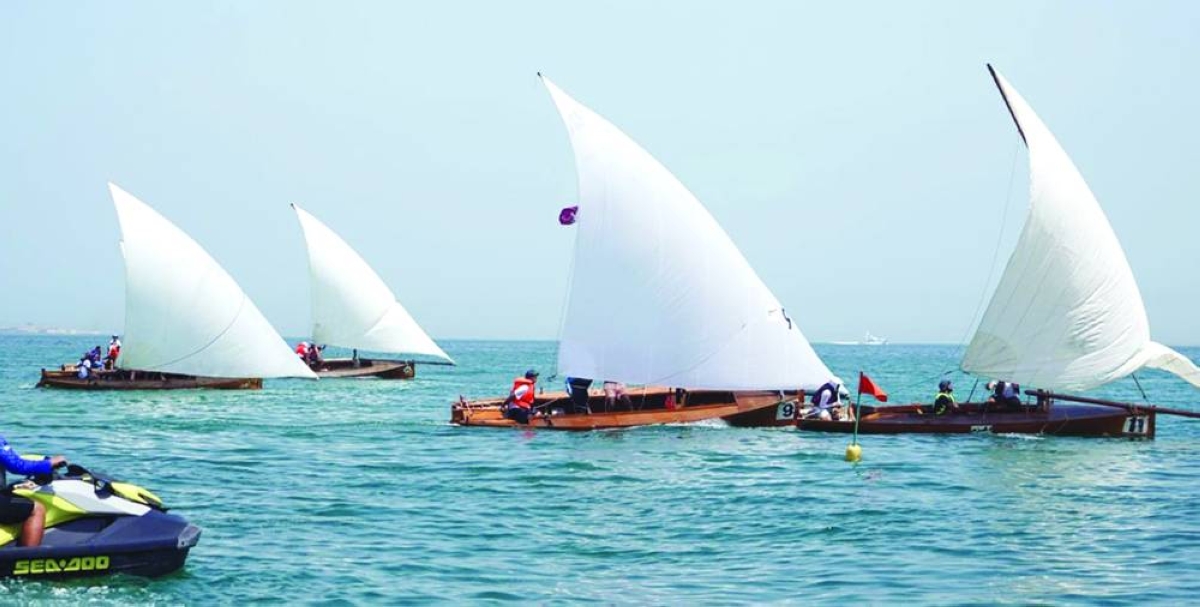*Act responsibly to reduce cases; we are still in the middle of the second wave of Covid-19: Dr al-Khal If everyone takes responsibility and acts appropriately over the next two to four weeks, Qatar can begin to see a decline in Covid-19 cases and consider easing of some of the restrictions, senior health official Dr Abdullatif al-Khal said Wednesday. "The announcement of new restrictions, just one week before the start of the Holy Month of Ramadan, will be difficult for many people, but as always, as individuals and as a community, we have the will and the power to suppress the spread of the virus like we did the first time," he told a press conference. The chair of the National Strategic Group on Covid-19 and head of the Infectious Diseases Division at Hamad Medical Corporation cautioned that "if we fail to play our part in following the restrictions and preventive measures, and cases continue to rise, we may need to escalate the restrictions further." Dr al-Khal assured that despite the rise in the number of people requiring hospital admission, the healthcare system has sufficient capacity to ensure everyone who needs medical care can receive it without delay. "Despite the strict quarantine policy in place for all travellers, the UK and South African strains have arrived in Qatar causing more severe symptoms than the original strain. "We believe the South Africa variant has had a significant impact on the rise of Covid-19 cases in the past 10 days. "During the past two weeks, we have seen a significant increase in the number of new daily Covid-19 cases and we have recorded more than 900 new cases each day over the past few days," he pointed out. "Of particular concern is the high number of people in intensive care. This figure is now significantly higher than at the peak of the first wave last year. Most of the cases are reported from professionals and due to social visits. "Hospital admissions are increasingly reported compared to the first wave and more deaths too during the last few days. There is a significant increase in the number of intensive care and hospital admission, due to the emergence of new strains. 'We are still in the middle of the second wave of the Covid-19 and not reached the peak of infections yet. The South African strain had a great impact on the increase in the number of cases of Covid-19 during the past 10 days. "During the past week, 1,468 new patients were admitted to the hospital due to the presence of severe inflammation in the lungs, and 266 cases were admitted to ICU. "Both Pfizer and Moderna vaccines have been proven effective against the South African and the UK strains. The rate of testing positive among those who have symptoms has increased to 30%. Among those in contact it has reached 11%. This is a high rate. Dr al-Khal also cited the achievement of one million doses of vaccination Wednesday. About 25,000 people are being vaccinated daily. A total of 26% of adults and 77% of people over 60 years have received the first dose. The senior official recalled that at the start of the year when the number of cases began to rise steadily, Qatar acted quickly to introduce further restrictions . "These restrictions proved effective at suppressing the spread of the virus for many weeks and the number of new daily infections remained steady. "However, the introduction of the UK variant into the community in March saw further increases in cases and notably hospitalisations and we responded with further restrictions. "The latest development in this pandemic of the circulation of the South African variant has meant we are once again moving quickly to further increase the restrictions," he added.

Shafeeq Alingal
Shafeeq Alingal is a Staff Reporter with Gulf Times. He has mainstream media experience of twelve years. Health, environment and wildlife are among his specialties.
Most Read Stories

